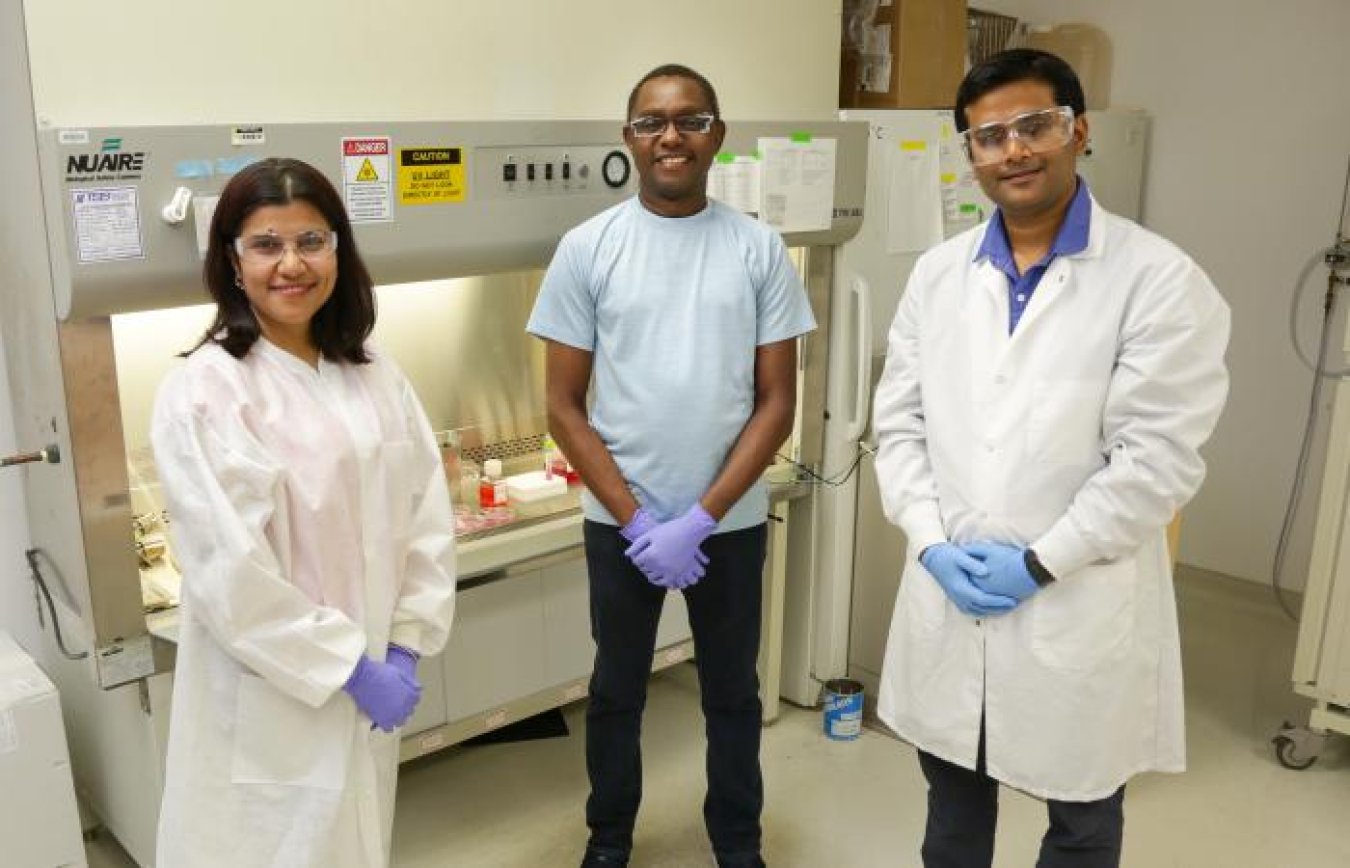The President’s Cancer Moonshot aims to reduce the death rate from cancer by at least 50% over the next 25 years, and to significantly improve the lives of people, and their families, living with and surviving cancer.
March 1, 2023Cancer has touched nearly every family in some way. While we have made significant advancements in screenings, treatments, and medications, this disease continues to cause unimaginable loss and hardship for millions of Americans.
As laid out in his 2023 State of the Union Address, President Joe Biden is committed to ending cancer as we know it. Like so many Americans, the President knows first-hand the heartache and toll that cancer inflicts on patients and families. Driven by that experience, he launched the Cancer Moonshot in 2016 to accelerate our work in defeating cancer.

Reignited now with new, ambitious goals that reflect recent technological and healthcare advancements, the President’s Cancer Moonshot aims to reduce the death rate from cancer by at least 50% over the next 25 years, and to significantly improve the lives of people, and their families, living with and surviving cancer.
The Department of Energy and its National Labs are playing an important role in accomplishing this mission with ongoing research and developments that are helping us get closer and closer to defeating cancer.
Here are a few of the recent discoveries and advancements made by the Department’s National Labs:
- Oak Ridge National Laboratory has discovered a cancer-trigger that occurs in humans through researching plant-microbe biology. The results of this research are hopeful for the development of drug therapies to fight various cancers, including those that emerge in the breast or stomach.
- A study by the SLAC National Accelerator Laboratory and Stanford University explored how proteins fold in human cells and how this process is linked to the progression of human diseases, including cancer. This research will help in developing cancer-fighting strategies.
- Scientists at the Pacific Northwest National Laboratory and Murtha Cancer Center Research Program, Department of Surgery, Uniformed Services University of the Health Sciences uncovered a group of human proteins that could aid in detecting head and neck cancers early.
- A team of scientists at the Lawrence Berkely National Laboratory discovered how to produce certain molecules to manufacture a chemotherapy drug and solve global supply shortages.
These are just a few of the promising advancements and breakthroughs coming out of the Department of Energy National Laboratories in our efforts to finally defeat cancer. With continued work and investment, America is on the path to ending cancer as we know it.
Learn more about President Biden’s Cancer Moonshot here.
Mira Varghese

Mira Varghese is an intern with the Office of Public Affairs’ Digital team. She is a senior at the University of Maryland, College Park studying International Relations and Journalism. Mira is interested in government and political communications, foreign policy, and human rights. She is also passionate about the future of clean energy!


